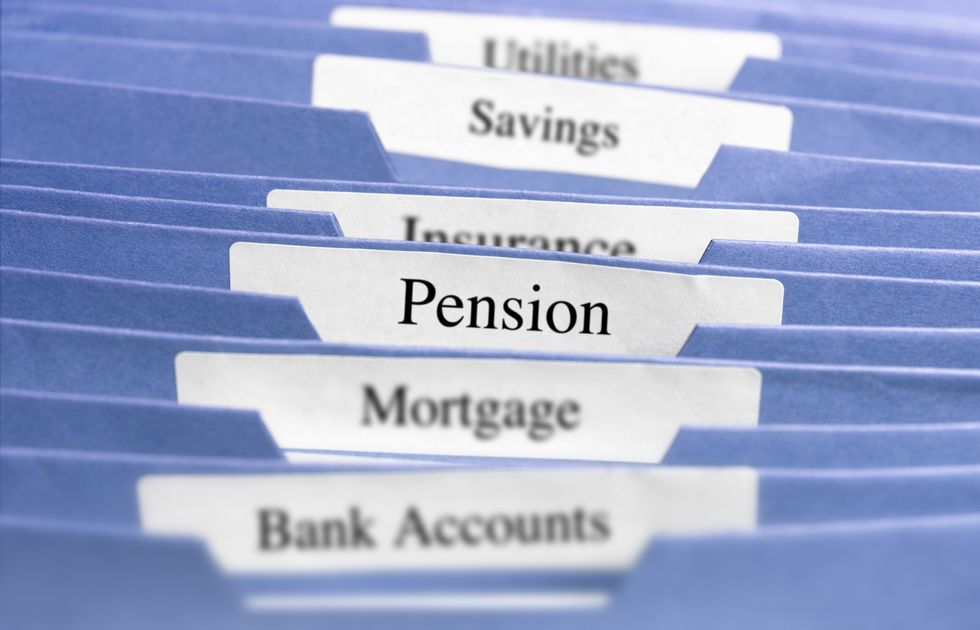Pensioners will be over £1,100 a year better off from April after the triple lock
GETTY
Pensioners will be over £1,100 a year better off from April after the triple lock
Don't Miss
Most Read
Trending on GB News
Pensioners in the UK are warned of the potential tax implications coming from the "significant boost" to their incomes as the state pension approaches £12,000 per year.
From April 6, 2025, the state pension will increase by 4.1 per cent, resulting in a new annual payment of £11,962.60 for those receiving the full amount.
Dean Butler, managing director for retail at Standard Life said: "Pensioners are set to see a healthy boost to their incomes next year as the state pension nears £12,000 per year.
"This will be hugely welcome news to pensioners who rely on the state pension for a large portion of their retirement income, many of whom are among the most vulnerable people in the country."
The increase comes as part of the Government's triple lock system, which ensures that pensions rise in line with the highest of average earnings, inflation, or 2.5 per cent each year.
However, some have warned there may be implications, particularly regarding potential tax consequences.

New state pensioners are set to be £1,107.68 better off due to the triple loc
GettyThe triple lock system has significantly benefited pensioners compared to inflation-only increases.
Standard Life's analysis has shown that if the state pension had risen with inflation alone over the past three years, it would only reach £10,854.92 annually.
This means new state pensioners are set to be £1,107.68 better off due to the triple lock.
For those on the basic state pension, which applies to people who reached the state pension age before 2016, the difference is even more substantial.
They will receive £9,175.40 per year, £1,199.08 more than if it had been linked to inflation alone.
Despite the boost, pensioners are warned the increase in state pension brings it closer to the personal allowance limit, which has been frozen since the 2021/2022 tax year.
Butler said: "It's also important pensioners are aware of the potential tax implications, with the personal allowance set to be frozen until 2028.
"The personal allowance has remained flat in recent years and will gradually be bringing more and more people into the tax system as a result - including pensioners with only very low incomes above the state pension."
In 2021/22, the new state pension was equivalent to 74 per cent of the personal allowance. Today, it accounts for 95 per cent.
LATEST DEVELOPMENTS:
This means pensioners will need just £607.40 of additional income before they start paying income tax.
For pensioners with incomes hovering around the personal allowance, Butler explained careful financial planning in retirement is necessary.
He said: "While 25 per cent of pension savings can be withdrawn tax free, the remainder can be taxed. For those incomes hovering around the personal allowance, it's worth ensuring they’re not taking bigger lump sums on which they might pay tax if they can be avoided.
"If they do have any ISA savings these are not subject to income tax so could be a useful source of additional income."







